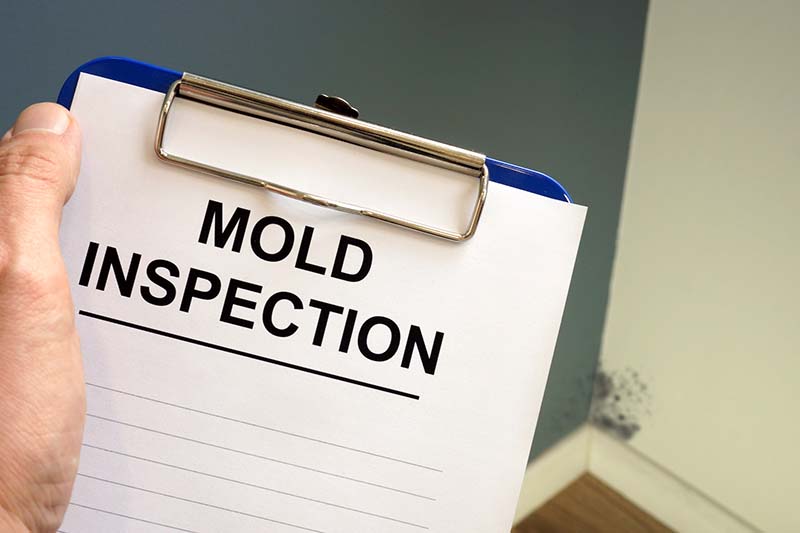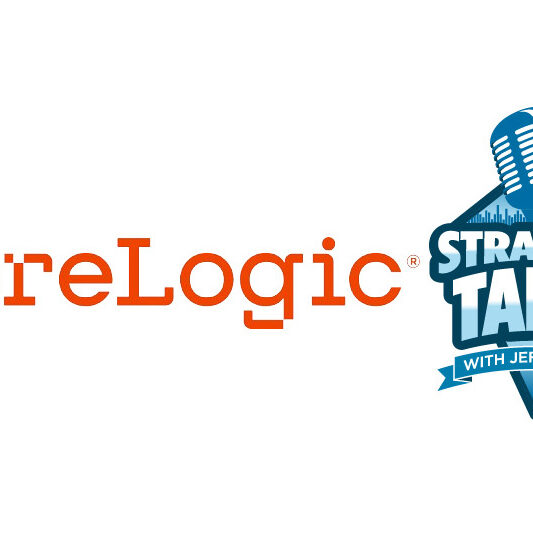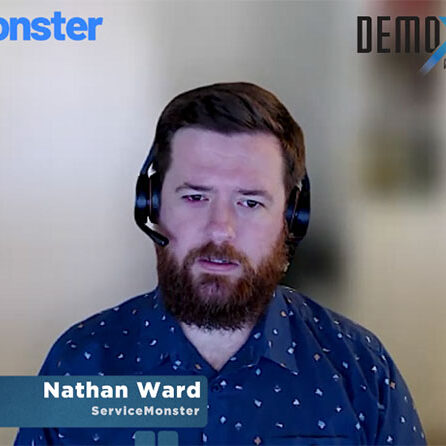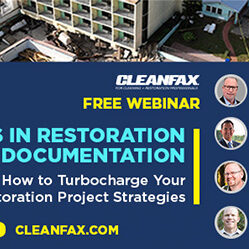Portland Passes Mold Inspection Rule, Cites NORMI

ABITA SPRINGS, La.—February 12, 2021— The City of Portland, Oregon recently passed an Administrative Rule for Title 29 of the Portland City Code, which governs property maintenance regulations. According to the Rule, its purpose is to provide detailed guidance on implementing Title 29, including “protocols for the effective treatment and remediation of hazards caused by moisture, mold, and lead-based paint.” The mold inspection rule, which applies to properties within Portland’s city limits, became effective October 28, 2020.
In developing the Administrative Rule, Portland’s Bureau of Development Services (BDS) worked with certified professionals from the environmental health testing and mold remediation industries to identify the best practices that should be addressed, including a requirement that mold inspection and remediation be performed by certified professionals. The National Organization of Remediators and Mold Inspectors (NORMI) is cited in the Administrative Rule as an approved third-party certifying trade association for mold sampling, testing, remediation, and treatment.
“This is a great milestone and supports our ongoing effort to encourage legislative action to regulate this industry,” said Doug Hoffman, executive director of NORMI. “Since 2004, we have worked toward this end, and it’s exciting to see States move forward on this front. Licensing by States and required certification by trade associations protects the public from financial harm and helps mitigate potential litigation. Though we already provide online training for this with our Certified Mold Assessor/Remediator course (CMA/CMR), we are excited to begin onsite training in Portland to support this rule. It will ensure that best practices are being followed on every project and that professionals are protected with the right kind of insurance.”
Noteworthy areas of the administrative rule that apply to dampness and structural mold are as follows:
- The Rule aligns with the NORMI™ Professional Practices, published best practices for the profession, regarding the definition of Major Mold. The Administrative Rule lists Major Mold as an area in total larger than ten (>10) square feet. The Administrative Rules states, “Any visible or otherwise demonstrable growth of mold or mildew identified inside the building envelope that is greater than (> 10) square feet in aggregate area, or any Minor Level condition whereby the substrate is also deteriorated.”
- The Administrative Rule also identifies Minor Mold. It states, “Any visible or otherwise demonstrable growth of mold or mildew identified inside the building envelope that is less than ten (≤ 10) square feet in aggregate area, that can be cleaned, AND the substrate is intact, excluding de minimus levels.” However, if the substrate is deteriorated, it is categorized as major mold.
- It requires bathroom ventilation under certain circumstances. It states, “Where there is a visible or otherwise demonstrable growth of mold or mildew exceeding a total of one square foot (>1sf) in a dwelling unit, all bathrooms with bathing facilities must have a functioning mechanical ventilation system that is vented through to the exterior of the building envelope and is capable of providing a minimum measured air flow rate of greater than thirty (≥30) cubic feet of air per minute (CFM).” The Administrative rules specifically notes, “Having or installing operable windows in bathrooms with bathing facilities will not meet the requirements for ventilation where a visible or otherwise demonstrable mold or mildew growth has been identified in excess of one square foot (>1sf).”
- The Administrative Rule acknowledges that the structural mold may not always be visible. It states, “Mold Violation: A symptom of a moisture issue within or around a building envelope such that mold or mildew is visible or detectable as a result.”
- It addresses occupant safety as follows: “Occupant Protection Plan: A written plan, unique to the dwelling unit or structure, prepared by a Certified Mold Remediation Contractor or Certified Mold Inspector prior to the start of any remediation work, that describes the location and nature of the planned work and details the measures and procedures that will be taken to protect the occupant(s) from exposure to mold spores during remediation.”
- It clearly requires property owners to employ certified mold professionals. It states,
“The property owner will be required to: a. Contract with a Certified Mold Remediation Contractor…to determine the specific cause(s) of dampness and moisture in the unit that will require repair to prevent the return of mold AND remediate all affected and identified areas of mold or mildew…”
For more information on the mold inspection rule and mold inspection/remediation certifications that meet the City of Portland’s requirements, please contact NORMI at support@NORMI.org or call 877.251.2296.












